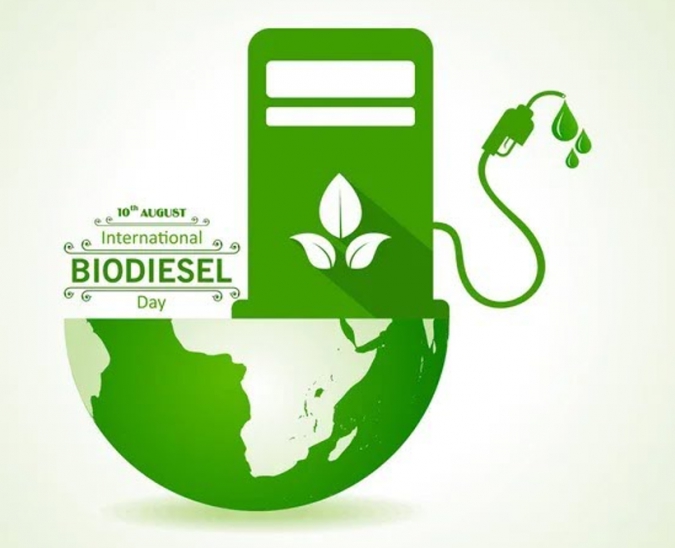
Rudolf Diesel (a German engineer and inventor of the self-igniting internal combustion engine named after him, the diesel engine) already envisioned in 1893 that the new engines would sooner or later run on peanut oil.
In today's understanding, biodiesel is a substance derived from vegetable and animal fats that can be used in any vehicle equipped with a diesel engine. The main advantage of biodiesel is that it is a renewable energy source, as it can be produced using the oil of plants that regrow every year.
Biodiesel also excels from an environmental point of view: it has lower carbon emissions than traditional fossil fuels, and its byproducts can also be utilized, with glycerin finding applications in the pharmaceutical industry and pressed oil cakes serving as animal feed in agriculture.
While biodiesel is not the "ultimate solution" for fuels, it can play a significant role in reducing our reliance on fossil fuels. The challenges of global warming, dwindling oil reserves, and overpopulation create a demand for alternative fuels, to which biodiesel offers a promising answer.
Benefits of Biodiesel:
- Renewable source: Plant oils are renewable annually, unlike finite fossil fuels.
- Lower carbon emissions: Burning biodiesel releases fewer greenhouse gases than burning gasoline or diesel.
- Usable byproducts: Glycerin produced during biodiesel manufacturing can be used in the pharmaceutical industry, while pressed oil cakes can serve as animal feed.
- Produces less soot: Burning biodiesel generates less soot than burning gasoline.
- Suitable for heating: Biodiesel can be used not only as fuel for vehicles but also for heating homes.
Biodiesel is a promising player in the future of fuels. Although further development and research are needed to optimize efficiency and production, biodiesel can contribute to achieving more sustainable transportation and reducing our dependence on fossil fuels.
International Biodiesel Day reminds us that there is an alternative to fossil fuels and that by harnessing renewable energy sources, we can create a more sustainable future for ourselves and our planet.
